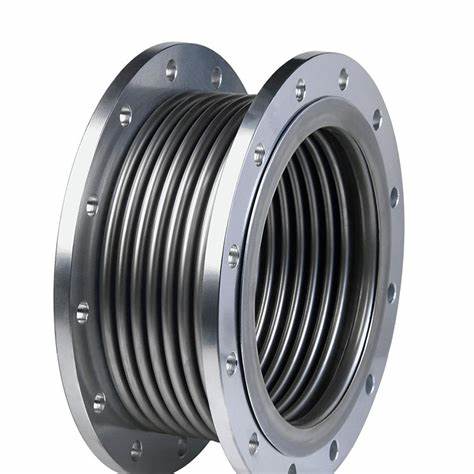round flanges manufacturers
Understanding Round Flanges A Comprehensive Guide to Manufacturers
Round flanges are critical components in various industries, serving as essential connectors within piping systems. These mechanical devices enable the secure joining of two sections of pipe, allowing for efficient fluid transport, while also aiding in maintenance access. With various applications across oil and gas, water treatment, chemical processing, and power generation, understanding the role and specifications of round flanges is vital for anyone involved in these sectors.
What Are Round Flanges?
A round flange is a mechanical part featuring a flat circular plate with a hole in the center. The design of round flanges allows for an effective seal between pipes and fittings, which is crucial for preventing leaks in pressurized systems. Typically, these flanges are welded to the end of pipes or fitted with bolts to connect two sections securely. They are essential in ensuring the structural integrity and safety of the entire piping system.
Round flanges come in various types, including slip-on, blind, welding neck, socket, and threaded flanges, each serving different functions depending on the application. The choice of flange type depends on factors such as the pressure and temperature conditions of the system, the type of fluid being transported, and the space available for installation.
Manufacturing Processes of Round Flanges
The manufacturing of round flanges involves several steps that ensure they meet industry standards and specifications. Key manufacturing processes include
1. Material Selection Round flanges are commonly made from materials such as stainless steel, carbon steel, alloy steel, and plastic, depending on the intended use and environmental conditions.
2. Cutting and Forming The selected material is cut to the desired size. It is then formed into a circular shape, often using processes like forging or machining, to achieve the required dimensions and tolerances.
3. Drilling Holes are drilled into the flange in accordance with specific standards, such as ANSI or ASME, which dictate the size and spacing to facilitate bolting when joining two sections of pipe.
4. Finishing The flanges undergo various finishing processes to enhance their durability and corrosion resistance. Common techniques include grinding, polishing, and applying protective coatings.
5. Quality Control Rigorous testing and inspection ensure that each flange meets quality assurance criteria. This step often includes pressure testing, visual inspections, and compliance with industry regulations.
round flanges manufacturers

Key Considerations When Choosing Flange Manufacturers
Selecting a reliable round flange manufacturer is crucial. Here are some considerations to keep in mind
- Experience and Expertise Manufacturers with extensive experience in producing round flanges often possess in-depth knowledge about materials, production processes, and industry standards.
- Quality Assurance Opt for manufacturers that implement stringent quality control measures. Certifications, such as ISO or ASME compliance, can be indicators of a manufacturer’s commitment to producing high-quality products.
- Custom Capabilities Depending on your needs, you may require custom-designed flanges. Manufacturers that offer customization services can adapt their products to meet specific project requirements.
- Delivery and Support Timely delivery is essential in maintaining project schedules. Choose manufacturers that exhibit reliability in meeting deadlines and offer sufficient customer support throughout the order process.
- Cost While cost should not be the only factor in your decision, it is important to find manufacturers that provide competitive pricing without compromising on quality.
The Future of Round Flange Manufacturing
With ongoing advancements in technology, the manufacturing of round flanges is evolving. Innovative production methods involving automation and 3D printing are becoming more prevalent, resulting in improved efficiency and customization capabilities. Furthermore, as industries increasingly prioritize sustainability, many manufacturers are exploring eco-friendly materials and processes to reduce their environmental impact.
Conclusion
Round flanges are indispensable in numerous applications, making their manufacturing a vital aspect of many industrial processes. By understanding the types, manufacturing processes, and key considerations when selecting manufacturers, businesses can make informed decisions that enhance their piping systems' efficiency and safety. Whether for new constructions or retrofitting projects, the importance of choosing the right round flange and manufacturer cannot be overstated.
-
The Key to Fluid Control: Exploring the Advantages of Ball Valves in Industrial SystemsNewsJul.09,2025
-
The Versatile World of 1, 2, and 3 Piece Ball ValvesNewsJul.09,2025
-
Stainless Steel Ball Valves: The Ideal Choice for Efficient Flow ControlNewsJul.09,2025
-
Optimizing Fluid Control with Ball Float ValvesNewsJul.09,2025
-
Manual Gate Valves: Essential for Control and EfficiencyNewsJul.09,2025
-
Everything You Need to Know About Butterfly ValvesNewsJul.09,2025
-
The Versatility of Wafer Type Butterfly ValvesNewsJul.08,2025




